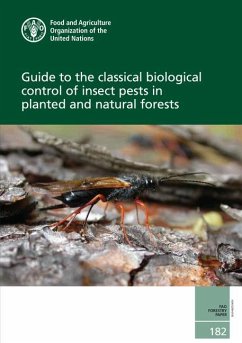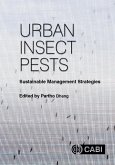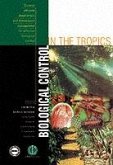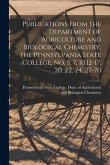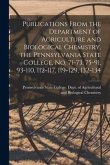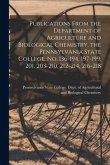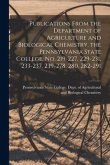This publication explains the "why" and "how" of classical biological control in forestry, and addresses the potential risks associated with such programmes. Written by a team of experts, it provides general theory and practical guidelines, featuring 11 case studies of successful implementation efforts worldwide. While insect pests already damage millions of hectares of forest worldwide each year, the extent of such damage is increasing as the impacts of climate change become more evident and as international trade grows, facilitating the pests' spread. Classical biological control is a well-tried, cost-effective approach to the management of invasive forest pests which involves the importing of "natural enemies" of non-native pests from their countries of origin with the aim of establishing permanent, self-sustaining populations capable of sustainably reducing pest populations below damaging levels.
Hinweis: Dieser Artikel kann nur an eine deutsche Lieferadresse ausgeliefert werden.
Hinweis: Dieser Artikel kann nur an eine deutsche Lieferadresse ausgeliefert werden.

